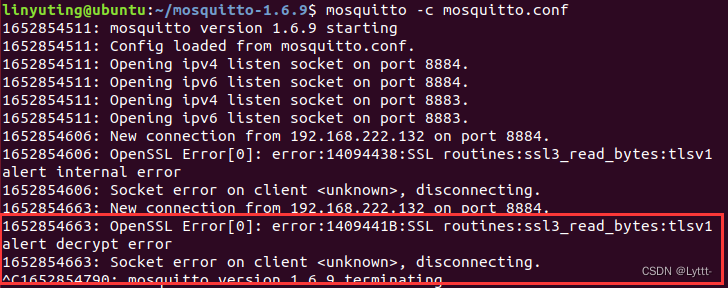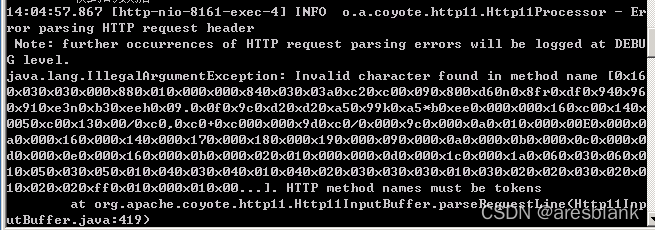failed to set bridge addr: “cni0“ already has an IP address different from xxxx
Recently, when debugging Kubernetes to add or delete a node, and then deploying Pod on this node, a network card address error exception occurred. The troubleshooting solution for this exception is as follows:
Error:
(combined from similar events): Failed to create pod sandbox: rpc error: code = Unknown desc = failed to setup network for sandbox “745720ffb20646054a167560299b19bb9ae046fe6c677b5d26312b89a26554e1”: failed to set bridge addr: “cni0” already has an IP address different from 172.20.2.1/24
Solution:
- Delete the node without restarting the node server, restart the node server (in this case, it is usually caused by the server cache, restart the server on it)
- After restarting the server or not, delete the wrong NIC on the node and wait for the system to rebuild automatically, the operation process is as follows.
sudo ifconfig cni0 down
sudo ip link delete cni0





